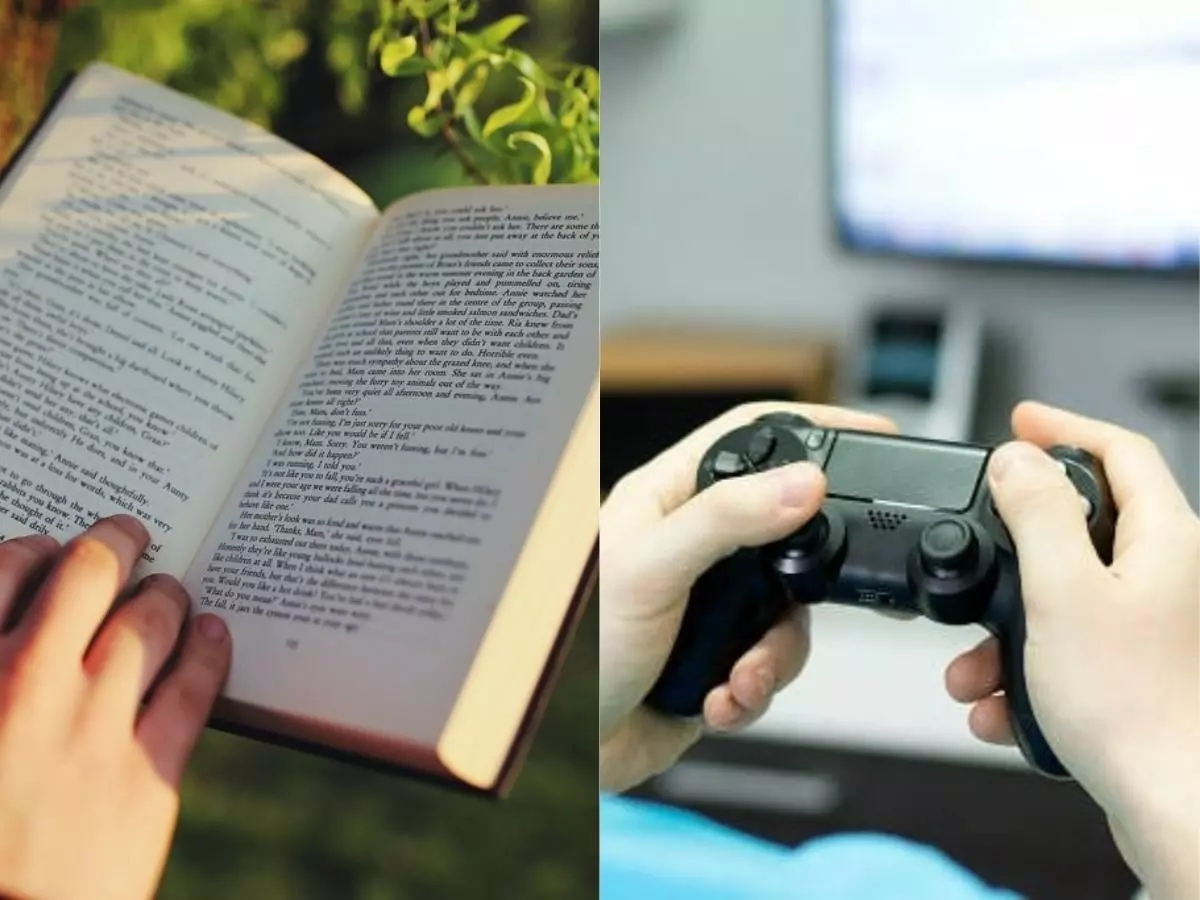Hobbies Aren't A Waste Of Time, They Help Revitalize Your Brain To Do Better At Work
We recently wrote about a study economist Daniel Hamermesh mentioned in his book. In it, he mentioned that high earners don¡¯t worry so much about budgets, but they do fret about the time they¡¯re forced to spend at work. There¡¯s a way to counter that.

We recently wrote about a study economist Daniel Hamermesh mentioned in his book.
In it, he mentioned that high earners don't worry so much about budgets, but they do fret about the time they're forced to spend at work. There's a way to counter that though.

For one thing, spending all your time at work doesn't necessarily mean you're working harder. Maybe you're just distracted or working at too slow a pace. Maybe it's just that you're burnt out, or longing for a change. Now, only some of that might be job dissatisfaction, because there's also a chance that you're just bored of doing the same thing for months on end.
And according to JotForm founder and CEO Aytekin Tank, the trick is to develop hobbies you can actively engage in.
In an authored piece for FastCompany, Tank mentions other CEOs of major corporations and what they do to pass the time. Goldman Sachs CEO David Solomon for instance messes around with turntables in his free time, and Nasdaq CEO Adena Friedman is a Tae Kwon Do practitioner.
"Though time is a more precious resource than ever, many of today's successful business leaders are onto something-the importance of setting aside time for hobbies," he writes. He confides that his hobby of choice is going olive picking on the family farm in Turkey a couple of times a year. And each time, it helps recharge his system and fills him with new ideas and enthusiasm.

Of course, making time for your hobbies isn't easy. Especially if you're part of a startup, the prevalent idea is that you have to work non-stop to get it off the ground, at least in the beginning. Teach leaders and medical experts have varying views on this. Some believe that working weekends too is vital to launch a successful company, while others think it's more important to take care of yourself, especially with regards to things like getting enough sleep.
In fact, previous studies have shown that hobbies can get those creative juices flowing. Way back in the1950s, Robert Root-Bernstein studied how having hobbies affected the work lives of 40 male scientists over 20 years. He found that the most successful researchers in their fields, including four Nobel laureates, were more likely to enjoy imagination-heavy leisure activities like art or music.
It doesn't just have to be creative though. Even exercise can be considered a hobby, enough that it boosts your productivity, just as much as reading a book.

It's exactly why a lot of experts on workplace morale suggest companies get in there and encourage their employees to flex their creative muscles. Simply getting the employees together to decorate the office for a festival for instance can do wonders.
So don't feel guilty about indulging some time to go out and play football, or play games on your console, or even just kick back with some music. It'll just recharge you that much better for work tomorrow.
